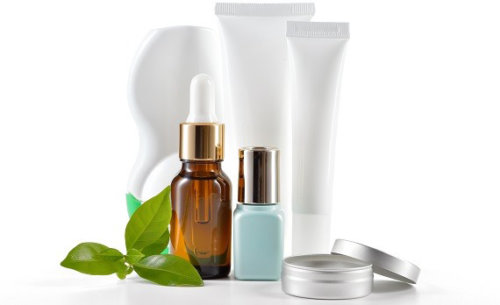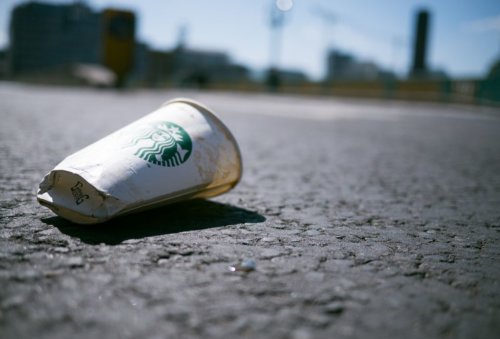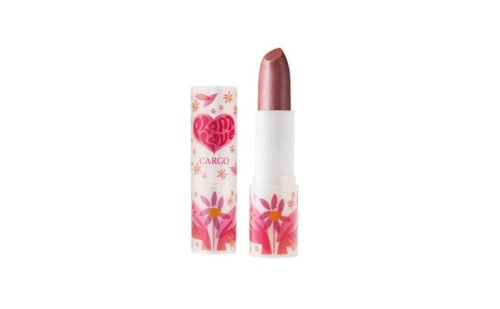
Long gone are the days when one would wrap purchases in newspaper. At the same time, there are fewer products available without some sort of packaging. We have reached the point where even vegetables are packaged in cardboards, plastic boxes and plastic bags. According to various studies, as many as 95% of consumer products are packaged, contributing to the growth of the packaging industry and the increase of waste produced by society. According to the Polish Statistical Office (GUS), in 2016 the average quantity of waste per Pole was 303 kilograms per annum, up by as much as 20 kilograms compared to a year earlier.
Manufacturers prefer disposable packaging for customer convenience, but this would increase the quantity of waste being produced. Is it possible to meet consumer expectations and protect the environment at the same time?
Which type of packaging do customers want?
For mass products, customers prefer small and disposable packaging, as they do not need to be stored for an extended period of time, take up less space and do not have to be cleaned or replenished. However, this packaging is harmful to the environment because it needs to be produced in large quantities and contributes to the overall problem with excessive waste.
Packagings are necessary
Limiting the use or getting rid of packaging altogether, on the other hand, does not solve the problem. According to a study commissioned by the UN, packaging is of key importance for the products that they protect and should not be eliminated completely. For example, in the food industry, packaging serves protective, ergonomic and marketing purposes. In countries where the packaging industry is not yet well developed and most foodstuffs are available without packaging, as much as 30% of food is wasted. For comparison, in highly developed countries, packagings help reduce the quantity of food waste to 2-3%.
Packaging criticism
One of the alleged effects of the excessive use of packaging is that extreme quantities of waste are being produced in the process. The manufacturing process itself adversely affects the natural environment and contributes globally to climate change.
This criticism of disposable packaging has been met with a response on the part of manufacturers and businesses using this type of packaging in their operations. For example, the coffeehouse chain operator Starbucks plans to encourage the use of reusable cups by offering discounts to returning customers who use them. According to Starbucks, this measure serves to protect the environment, raise environmental awareness and rebuild its own image, which took a hit when packaging carrying the Starbucks logo would end up littering the streets on a regular basis.
An ideal solution
Can a compromise be reached between environmental considerations and the customers’ need to use disposable packaging? One possible solution is offered by biodegradable packaging. There is an ongoing effort to find the best materials that will decompose almost completely, and news of such interesting novel materials keeps coming up. Packaging made of natural materials which degrade in reaction to natural factors such as sunlight, oxidation, bacteria and fungi are being introduced to the market.
Biodegradable packagings in the cosmetics industry
As a result of high customer expectations and the desire to make packaging match the natural products being offered, the cosmetics industry is one of the industries which are first to embrace environment-friendly solutions.
To meet its customers’ expectations, the Canadian cosmetics firm Cargo launched the lipstick series PlantLove, which uses 100% biodegradable packaging. The material being used is polylactide, which is made from natural raw materials, such as corn starch. One disadvantage of this material is that it has relatively high moisture permeability, but it will soon be replaced by more effective biodegradable packagings used by other manufacturers. The industry is developing at a rapid pace, and in beauty supply stores we may soon see packaging with a relatively short biodegradation process.
Possibly an ideal type of packaging for cosmetics, reconciling disposability with environmental considerations, biodegradable packaging is not a novelty on the market, but it may become a big selling point because the contemporary consumer, despite living a hectic life, demonstrates very conscious buying behaviour.
Powrót do listy artykułów








